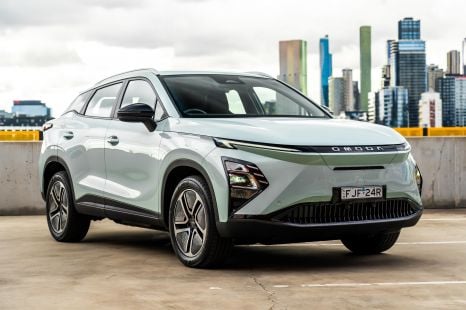

James Wong
2025 Chery E5 review
4 Days Ago
Chinese property developer Evergrande has run aground with eye-watering debts, putting the last remaining shreds of Saab in peril again.

Journalist
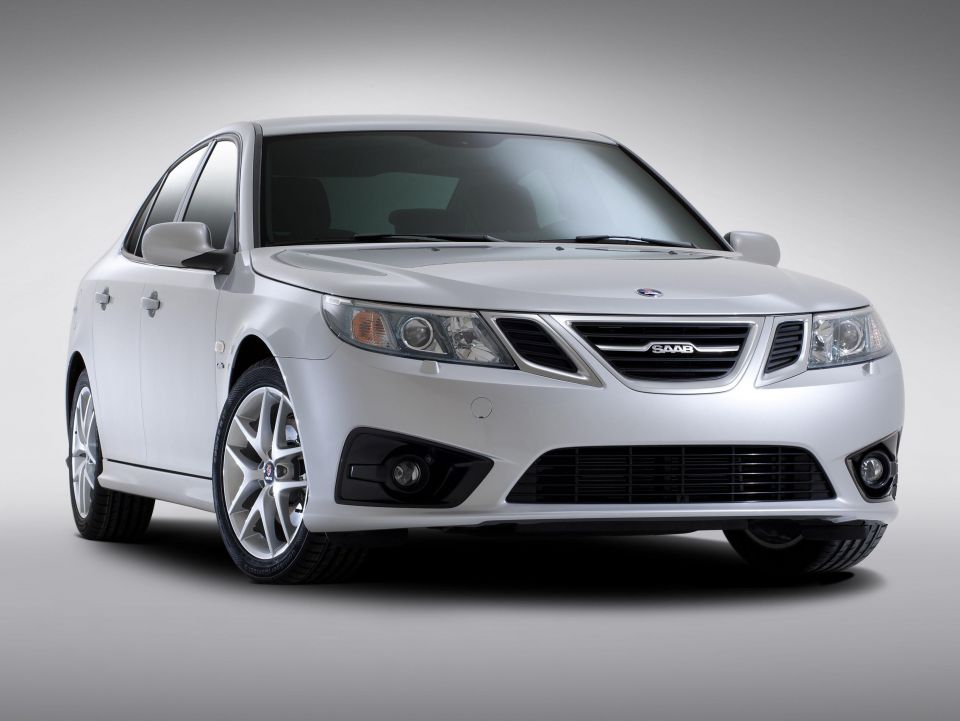

Journalist
NEVS — the successor to Saab — is looking for new investors as its owner, the Evergrande Group, is busy looking behind the sofa for a few billion bucks to help pay its debts.
Stefan Tilk, the CEO of NEVS, confirmed to Reuters the automaker is in talks with venture capital and industrial firms from both Europe and the US about a sale or new financing.
The Evergrande NEV (New Energy Vehicles) division, of which NEVS is a major part, informed the Hong Kong stock exchange it would need new investors and sell assets in order to pay employees and meet other ongoing costs.
After recording a loss of 4.8 billion yuan ($1 billion) in the first half of this year, the company’s share price has slumped 92 per cent. At one stage in April, Evergrande NEV’s market value was higher than Ford’s at roughly US$87 billion ($118 billion).
Despite this, Tilk claims NEVS has enough cash to last “for a good while”.

Founded in 2012 with backing from Chinese investors, NEVS (New Electric Vehicle Sweden) bought Saab from administrators in 2012, just two years after the Swedish automaker was sold by GM to Spyker.
In addition to continuing production of the Saab 9-3 originally launched in 2002, NEVS planned to build an all-electric version of the 9-3, as well as a new range of Saab-branded EV models.
When NEVS filed for bankruptcy protection in 2014, it lost the rights to the Saab name, which are owned by truck maker Scania and military contractor Saab AB.
By late 2015 NEVS was revived by a new Chinese investor group. Production of the 9-3 resumed in China, but this time with NEVS logos in place of Saab badges.
In 2019, Evergrande bought a majority stake in NEVS and took full control a year later. Plans for a new electric ride hailing pod (below) were announced, but have yet to come to fruition.
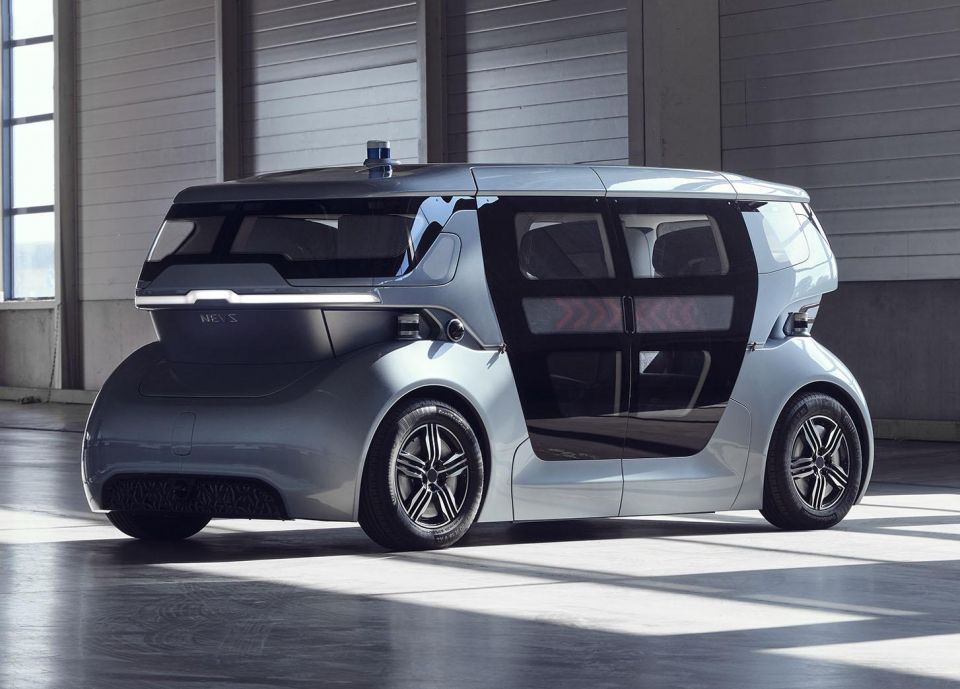
Evergrande currently has debts in excess of US$300 billion ($400 billion), and has so far missed three repayments to overseas lenders.
The property developer is busy selling assets to meet interest and other ongoing costs. It suffered a major setback this week when a proposal to sell its profitable property management division to a rival fell through. Had this sale gone through it would have raised US$2.6 billion ($3.5 billion).
It’s unclear how the Chinese government plans to handle the crisis at Evergrande.
If the real estate developer begins defaulting on its domestic debt, it could trigger an uncontrollable shockwave through the Chinese economy. On the other hand, if Communist party cushions the Evergrande’s fall too much, it could send the wrong signal to both the country’s elite and other highly leveraged firms.
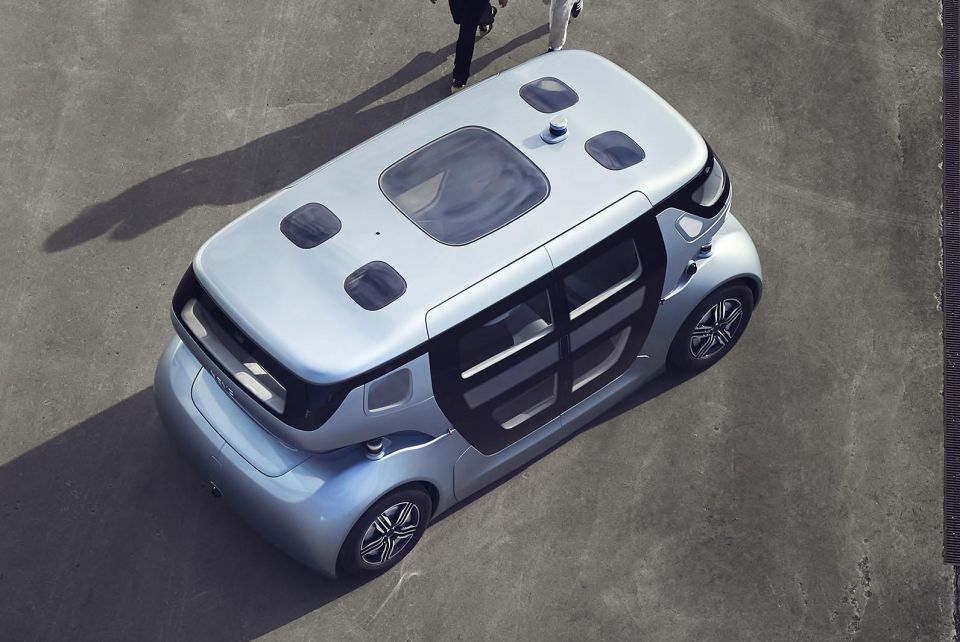
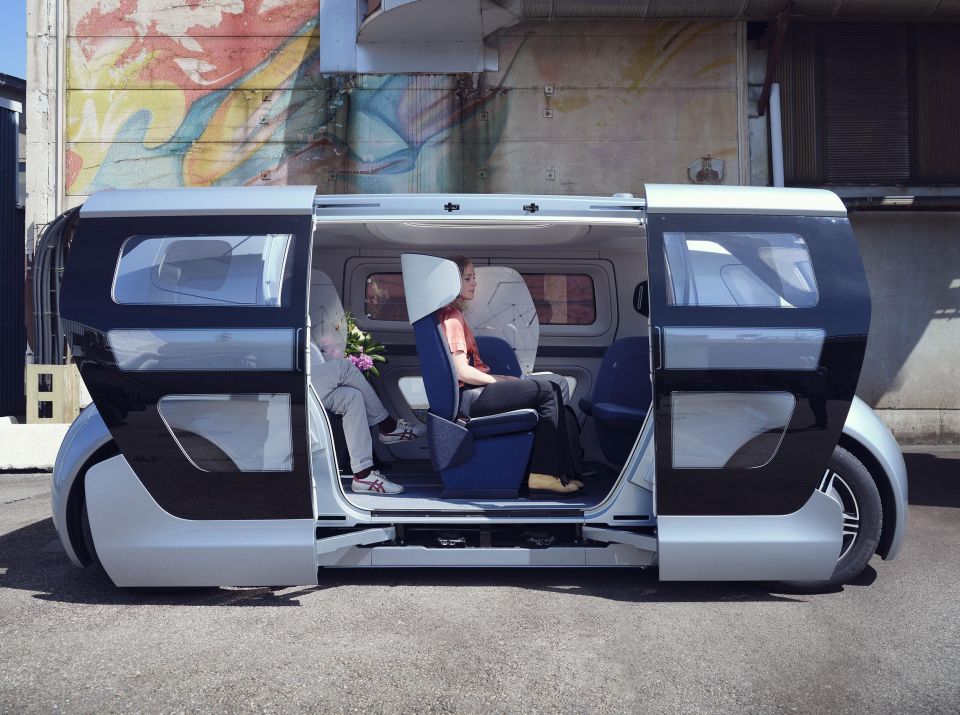
Although Evergrande’s main business revolves around building construction and apartment sales, the company has diversified into theme parks, a soccer club, film production, and health services.
Evergrande currently owns a 67 per cent stake in Evergrande NEV.
Derek Fung would love to tell you about his multiple degrees, but he's too busy writing up some news right now. In his spare time Derek loves chasing automotive rabbits down the hole. Based in New York, New York, Derek loves to travel and is very much a window not an aisle person.


James Wong
4 Days Ago
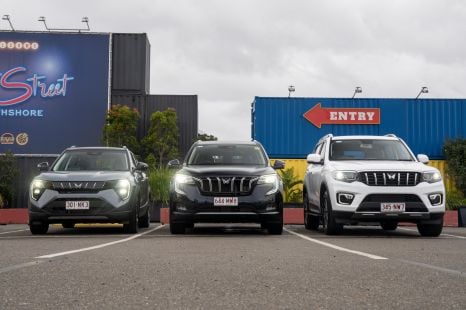

CarExpert.com.au
3 Days Ago
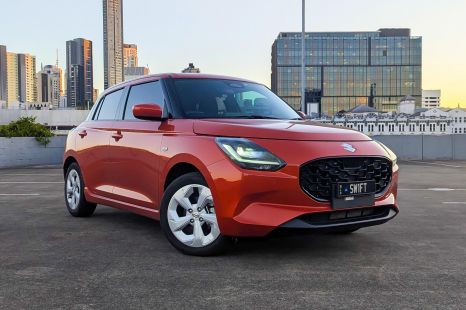

William Stopford
3 Days Ago
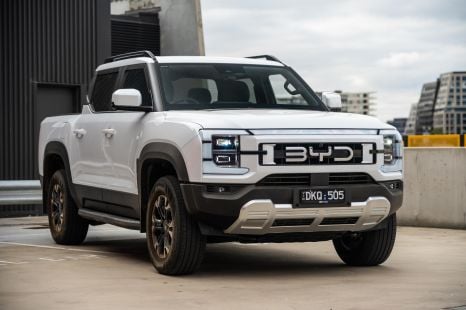

Max Davies
2 Days Ago
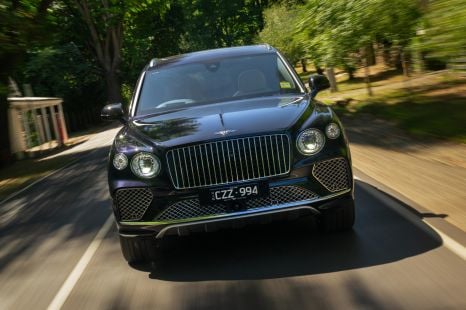

Josh Nevett
14 Hours Ago
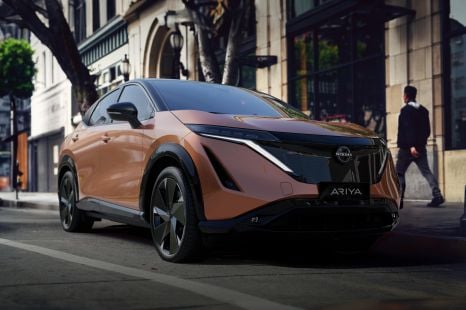

William Stopford
3 Hours Ago